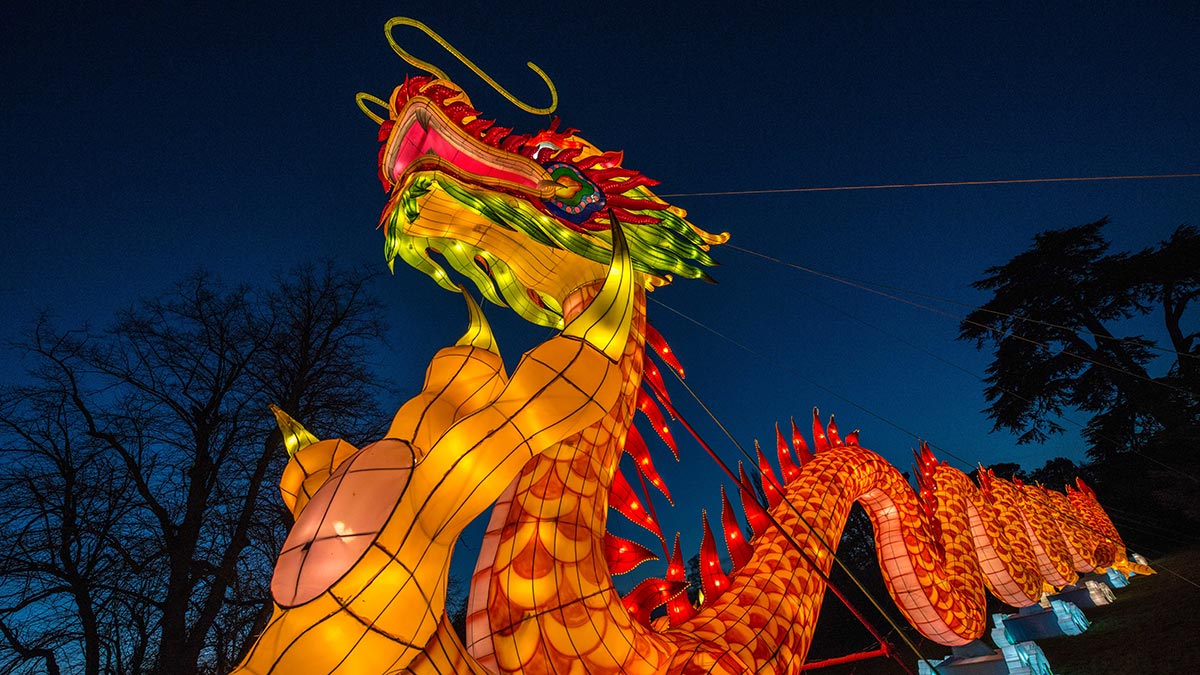Monsters of Rock: Is China’s stranglehold on rare earths about to get stronger?

Pic: Getty
China is the dominant force in the rare earths industry, a source of disquiet for Western Governments who rely on rare earths products for pretty much everything from automobiles to wind turbines and mobile phones.
With control of around 90% of the global market, that stranglehold could get even stronger after State owned Chinalco Rare Earths, Minmetals Rare Earths and China Southern Rare Earths Groups revealed plans to merge into a single company.
The largest heavy rare earths producers in China with around 70% of the market, it could leave pricing for metals like dysprosium and terbium in the hands of a single “super group”, CRU Group’s Daan de Jonge told Reuters.
That is a situation likely to spook end users in the US, EU, Japan and South Korea.
Key Australian rare earths stocks were up today, with Lynas (ASX:LYC) rising 1.82%, Arafura (ASX:ARU) up 5.56%, Northern Minerals (ASX:NTU) gaining 6.38% and Australian Strategic Materials (ASX:ASM) trading 1.15% higher.
The opportunity for Australian producers, who are working with other countries like Korea and the USA to build supply chains outside of China, is whether the increased market concentration of Minmetals, Chinalco and Southern Rare Earths will accelerate efforts to secure non-Chinese supply.
De Jonge recently said in an interview that it will take some time however before a substantial non-Chinese supply chain emerges.
“There’s a lot of investment currently in Australia and South Korea for more downstream production, in Africa, in the UK, in Canada and the US as well … but these higher prices are fairly new,” he said.
“I think it will take a fair bit of time before we actually have a “politically risk free” potential supply chain.
“It takes a long time for these to develop.”
Rare earths share price today:
Related Topics

UNLOCK INSIGHTS
Discover the untold stories of emerging ASX stocks.
Daily news and expert analysis, it's free to subscribe.
By proceeding, you confirm you understand that we handle personal information in accordance with our Privacy Policy.








